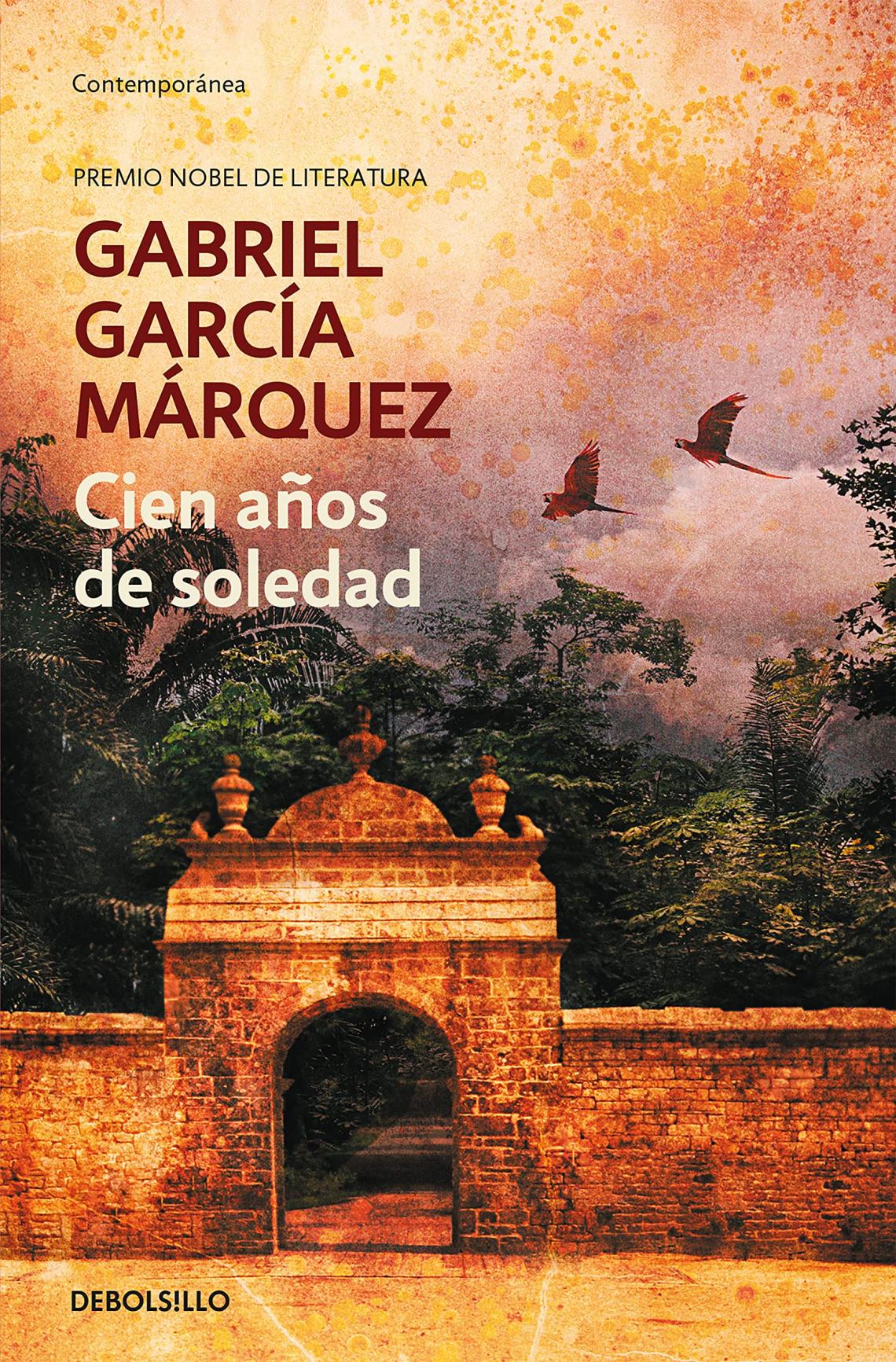


"If your body is weak but your head is fine, it's great to put down on paper what you're feeling"
- What did you think when you had your first contact with the RELATO-Hos project? How did you get to know it?
- I underwent surgery at the Bellvitge Hospital in 2017, when RELAT-Hos had not yet been launched. A year later, in 2018, my wife had a surgery for breast cancer and it was then that I saw the poster about the project. In fact, I had written the story when I was in hospital back in 2017. The first thing I asked my family for when they took me up to the ward was a notebook and a pen. In the end I didn't use them: I was lying on my back and I wrote the story on the phone (I was in hospital for 15 days and as I had to be on my back, I found it more useful to write on my mobile phone). I had just undergone surgery for a tumour in my back, and I couldn't move for the first week. After that time, I started to wander around and then they sent me to the institution Guttman. So, a year after my surgery, I got in touch with Antonia, emailed her the story I had written when in the hospital and there we went! I thought it was a good initiative by the hospital, which I had taken part in before I knew it existed!
- Were you sure from the beginning that you wanted to take part in it?
- It was a story written a year before as a way of thanking all the hospital staff, doctors, nurses.... I had never been in a hospital in my life and I was shocked to see the humane treatment given to the patients. Perhaps I used to have a different vision of what a hospital was, but once I was in Bellvitge, I realised that a humane treatment was as therapeutic as the medicines. Therefore, when I heard about the RELAT-Hos initiative I thought that it was one more element with which the hospital was taking care of the patients.
- How did you feel when you saw your story in the book?
- Seeing it published was very gratifying. I remember that the presentation of the book in the auditorium was a very emotional event. Several of the narrators spoke. Whereas I thought that I had had a very bad time, I was now able to hear first-hand examples of incredible surviving. The auditorium was practically full, the book, the hospital staff, the Sant Jordi setting.... In short, a great initiative of the Bellvitge Hospital that, I hear, has spread to other hospitals. In sum, I think it’s a therapy for patients; the thing is that not everyone has the facility to express themselves writing. For me, of course, it helped.
- Do you think writing is an important therapeutic tool?
- Indeed! Writing is a very powerful therapeutic tool. First of all, because when you write, you are completely escaping from what you are suffering, the pain, the punctures, the IVs... they are in pause mood. If your body is weak but your head is fine, putting down on paper what you are feeling is fantastic. And honestly, it worked very well for me.
- Do you usually write?
- I had always written things for baptisms, weddings and communions. In this case, I wanted to record the humane treatment I had received, my experience and what I felt from the moment I walked in until I walked out the door. It was a way of preserving that good treatment, of keeping it. You know, things are easily forgotten and if you have written them down you can recall them at any time. I worked at the Prat Town Council, where I was used to writing a lot: speeches, interventions, stories, summaries. I've always been good at writing and in fact I'm writing a novel now, about the Spanish Civil War. It’s based on the story of two of my relatives whose bodies we still haven't recovered: my grandfather and an uncle of mine. I already have their death certificates; my grandfather was shot in Badajoz in 1938 and his death certificate dates from 1981. Little by little, I am reconstructing his story while I’m also adding other characters.
- Finally, could you recommend us a book?
- I'm a big fan of Gabriel García Márquez. There are paragraphs from One Hundred Years of Solitude that I know by heart: Colonel Aureliano Buendía took part in more than 100 battles, he lost them all; and Santiago Posteguillo's trilogies about the Roman emperors, which describe the whole atmosphere of the empire very well.
